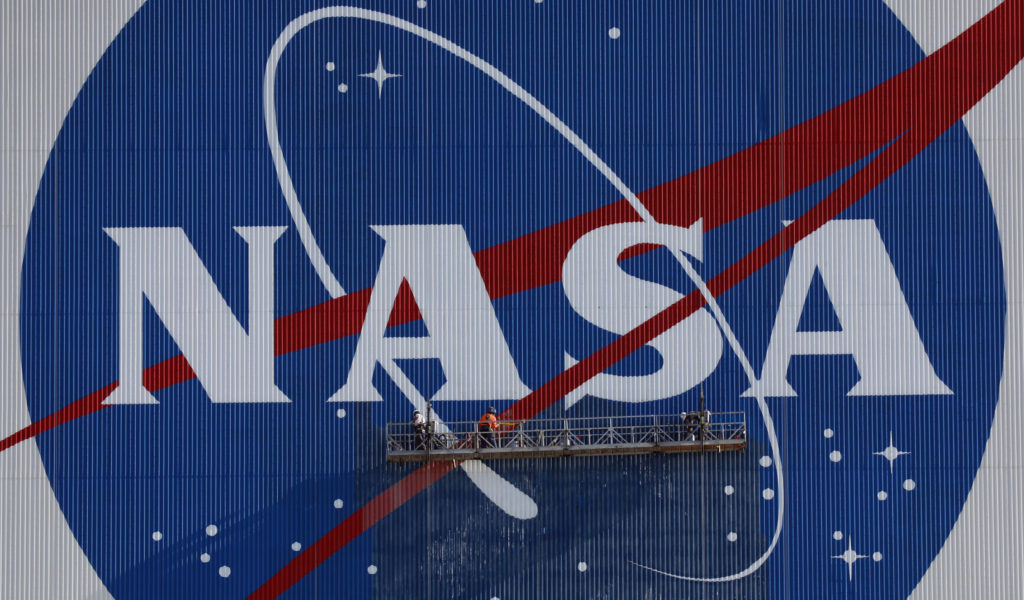On Thursday, NASA disclosed new insights into Unidentified Anomalous Phenomena (UAP) sightings from recent years. The agency presented findings from an extensive study led by a panel of 16 experts, convened last year to explore how NASA could utilize data to better understand UAPs, commonly known as UFOs (Unidentified Flying Objects). The report primarily focuses on guiding future data collection efforts to shed light on the nature and origins of UAPs rather than reviewing past sightings.
NASA defines UAPs as “sky events defying identification as conventional aircraft or recognized natural phenomena through a scientific lens.” While the report delves into the question of potential extraterrestrial origins, it emphasizes the current lack of conclusive evidence supporting this theory in peer-reviewed scientific literature. Insufficient data, including eyewitness accounts lacking essential reproducibility and detail, hinder definitive conclusions about these phenomena.
NASA Administrator Bill Nelson, in a press conference, clarified that the study team did not find evidence of extraterrestrial origins for UAPs but reiterated NASA’s commitment to uncovering the truth.
The report recommends that NASA take a prominent role in comprehending UAP sightings by leveraging multispectral or hyperspectral data and calibrated sensors for detection. It also acknowledges the stigma associated with reporting UAPs in the U.S. and suggests NASA can play a pivotal role in destigmatizing such reporting through transparent, scientific approaches.
Additionally, the report notes that some team members were cautioned against researching extraterrestrial technosignatures due to potential career implications.
During the press conference, Nicola Fox, an associate administrator at NASA, encouraged reporting UAP sightings, emphasizing the need for pilots to feel comfortable reporting unusual encounters.
Recent pressure on the federal government to disclose more information about UAPs, following whistleblower David Grusch’s claims of “non-human exotic origin vehicles,” led to hearings where former military personnel shared their UAP experiences. Several lawmakers called for greater transparency and accountability regarding UAP sightings.
David Grusch asserted that UAP sightings are significantly underreported and blamed excessive classification practices for the information gap. Commander David Fravor, who shared his own experiences, described UAPs that defy current scientific understanding.
Despite NASA’s efforts to reduce UAP stigma, their origins remain uncertain, as acknowledged by panel chairman David Spergel.

